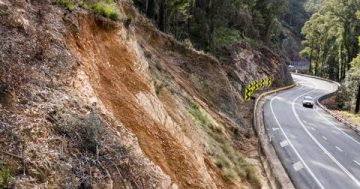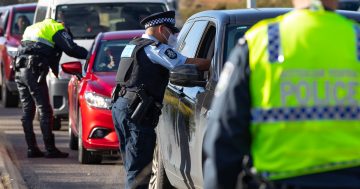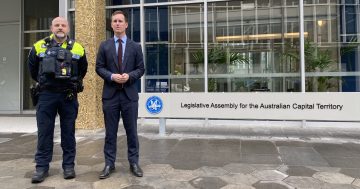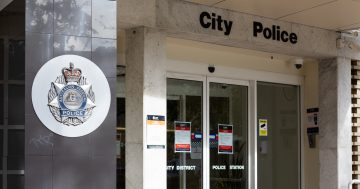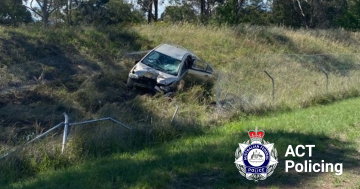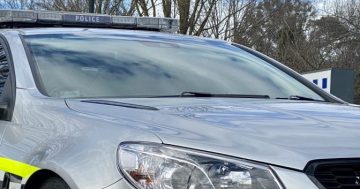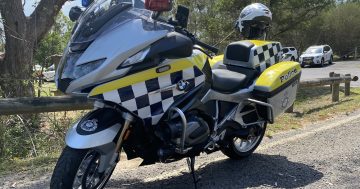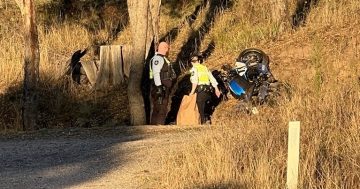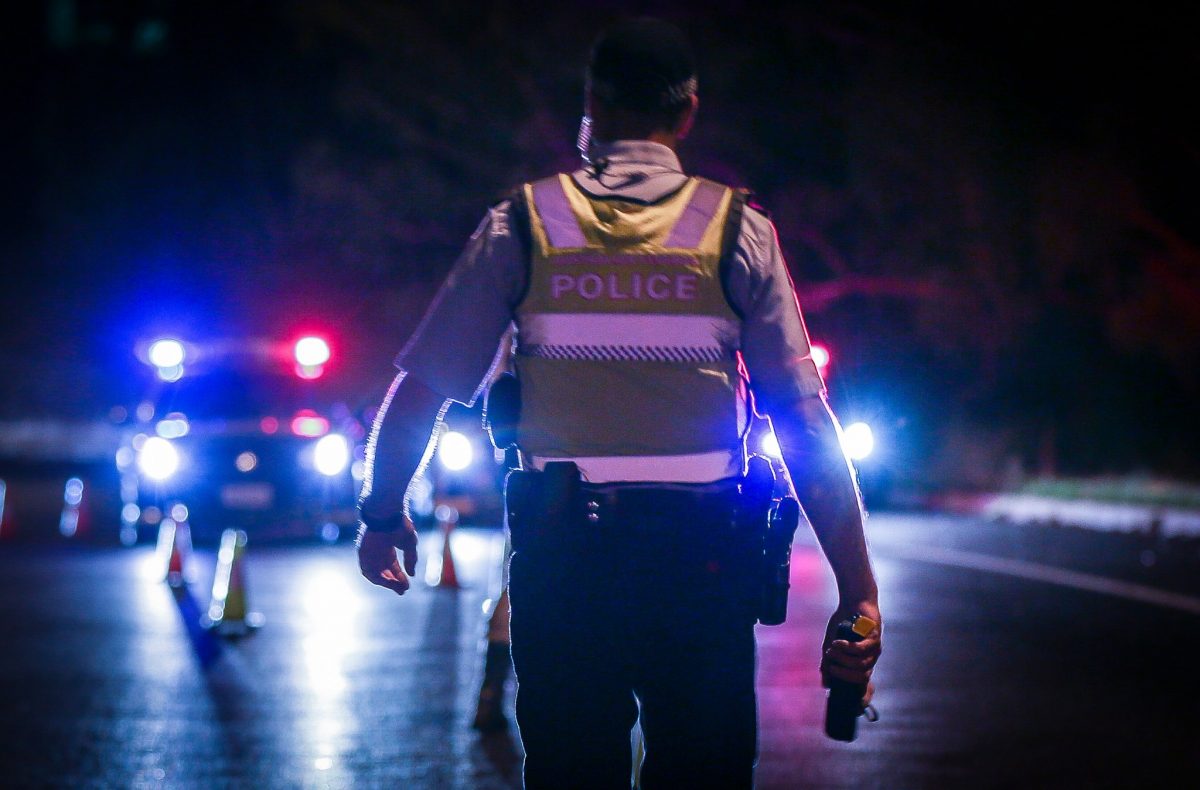
ACT Policing conducted more than 2000 roadside drug tests over the 2023/24 financial year, but is that enough? Photo: ACT Policing.
The NRMA is calling on the government and police to step up their game after “worrying” figures show the number of motorists driving under the influence of drugs on ACT roads is up.
The research, released this week, reveals that 19 per cent (or roughly one in five) of more than 2000 roadside drug tests conducted across the ACT in 2023 recorded positive results.
The number of roadside drug tests conducted each year in the ACT has also fallen 75 per cent since 2019.
NRMA spokesperson Peter Khoury said these figures are particularly “worrying” after the ACT recorded its 10th road fatality for the year on Monday.
“Anytime we get a double-figure road toll in the ACT, we would deem that to be a bad year,” he told Region.
“Too many Australians are driving high, and it’s clear we need to ramp up enforcement and boost education campaigns around ending this dangerous behaviour.”
The association said police across Australia have been struggling to meet roadside drug testing targets due to a lack of staff, and the ACT is “certainly not unique” in this.
Over the border in NSW, the NRMA’s recent ‘Driving High’ report found one in 10 drivers tested positive for illicit drugs in 2023.
In 2018, the state government set a target to conduct 200,000 roadside drug tests a year by 2026, but the NRMA says 2023 was well short of this figure by 40,000.
In 2023, 79 people lost their lives in NSW in drug-related crashes, 24 more than the previous year. In nearly 70 per cent of these cases, the drug in the driver’s system was cannabis, followed by methylamphetamine (43%) and cocaine (7%).
This makes drug driving the second leading cause of fatalities in NSW – surpassing fatigue, drink driving and non-seatbelt use. Speed is the leading cause of road deaths.
The overwhelming majority of drivers involved in fatal crashes who had drugs in their system were males (85%) and drivers or motorcycle riders aged 20-29 years old (31%) were the largest cohort. Also, nearly 50 per cent of drivers who tested positive were aged 30 to 49.
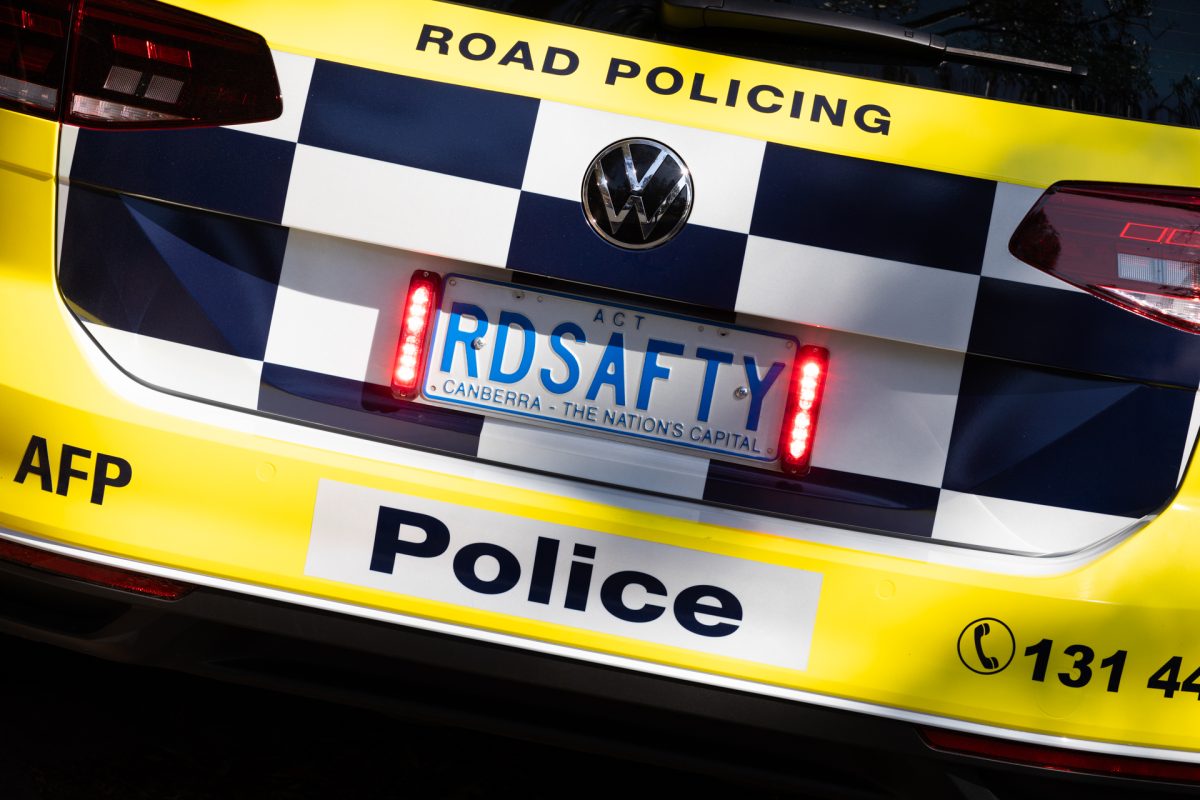
The NRMA says a more targeted approach to drug testing by ACT Policing is a blessing and curse. Photo: Michelle Kroll.
Mr Khoury said the high numbers are largely the result of a more targeted approach used by police in recent times as they grapple with understaffing.
“The police will position themselves outside pubs or clubs or music festivals to focus on those areas where there is likely to be the highest probability of people taking a gamble and getting behind the wheel while high or drunk,” he said.
“Now, the NRMA is not opposed to targeted drug tests, but we believe that if you increase the number of tests and make it more random, then people are more likely to change their behaviour. In the same way that if people see more highway patrols on the road, they’re more likely to second-guess their behaviour.”
Across the ACT, police use roadside drug testing to test for the presence of cannabis, methylamphetamine and MDMA, and from January next year, they will test for cocaine as well.
Mr Khoury said despite the ACT allowing for the personal use of cannabis, the zero-tolerance laws still apply when you get behind the wheel.
“It’s still illegal to have cannabis in your system while driving,” he said.
“You can’t be high and drive.”
The NRMA is calling for more widespread roadside drug testing, as well as extra resourcing for police and education for motorists on the dangers of driving high, particularly as the holiday season approaches.
Mr Khoury also said too many people are also in the dark about the risks posed by various prescription and over-the-counter medications.
“There needs to be more research into that, and the warning labels on these medications,” he said.
While a roadside drug test won’t pick up many of these ingredients, if you’re involved in a crash and a subsequent blood test reveals traces of a medication may have impaired your ability to drive, charges may apply.
A spokesperson for ACT Policing told Region it agrees the number of drivers on ACT roads with illicit drugs in their system is “unacceptable”.
“We know that impaired driving is one of the fatal five contributors to death and serious injury on our roads, and we will continue efforts to boost our roadside testing regime,” the spokesperson said.
Of the more than 2000 roadside drug tests conducted over the last financial year, ACT Policing said 330 resulted in charges.
“If you’re thinking of getting behind the wheel, or on a bike, after drinking or taking drugs, don’t,” the spokesperson added.
“At any time (and as we get closer to the holiday season with parties and end-of-year celebrations), driving with alcohol or drugs in your system is not worth the risk you pose to yourself and others around you.”












